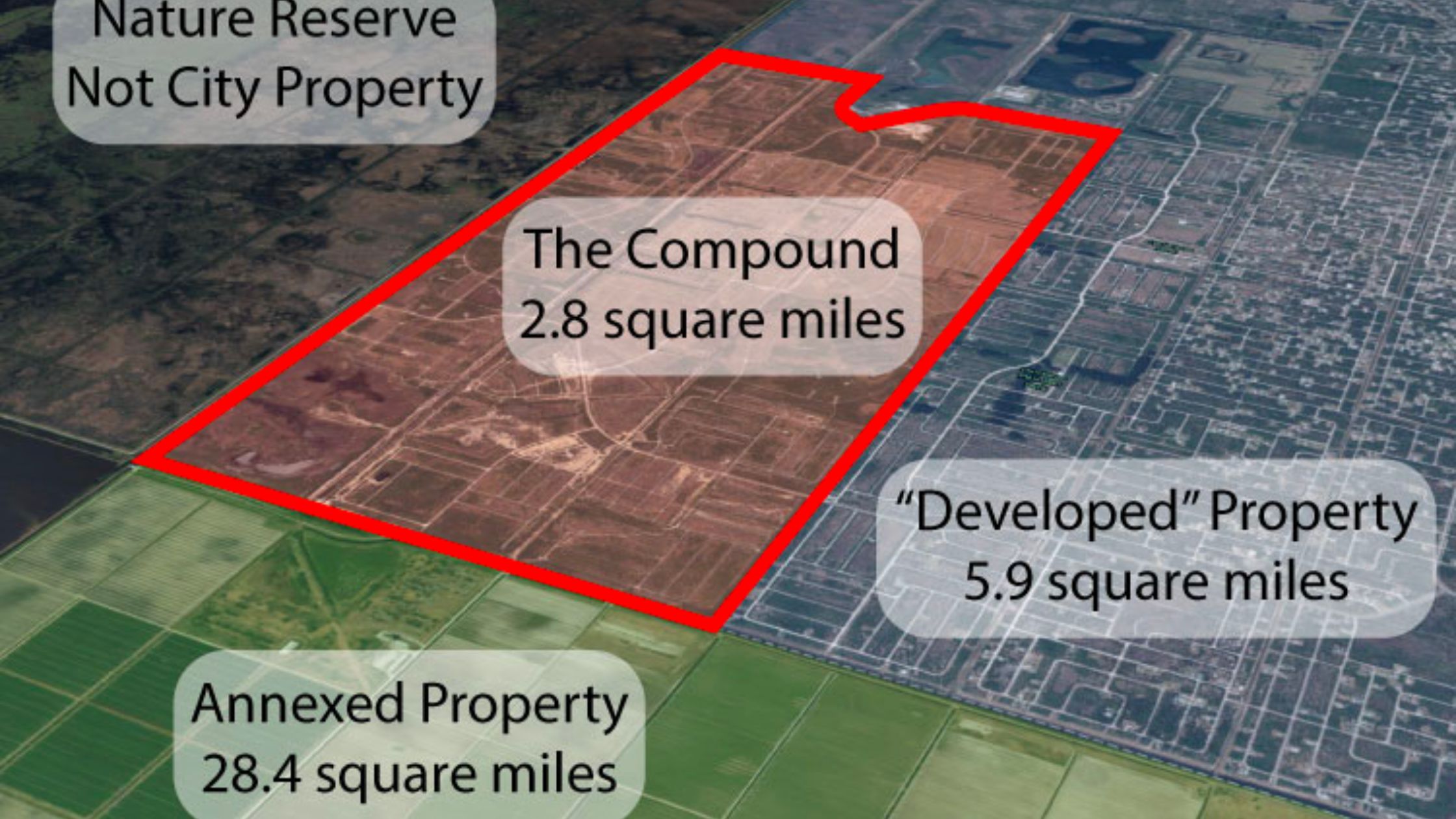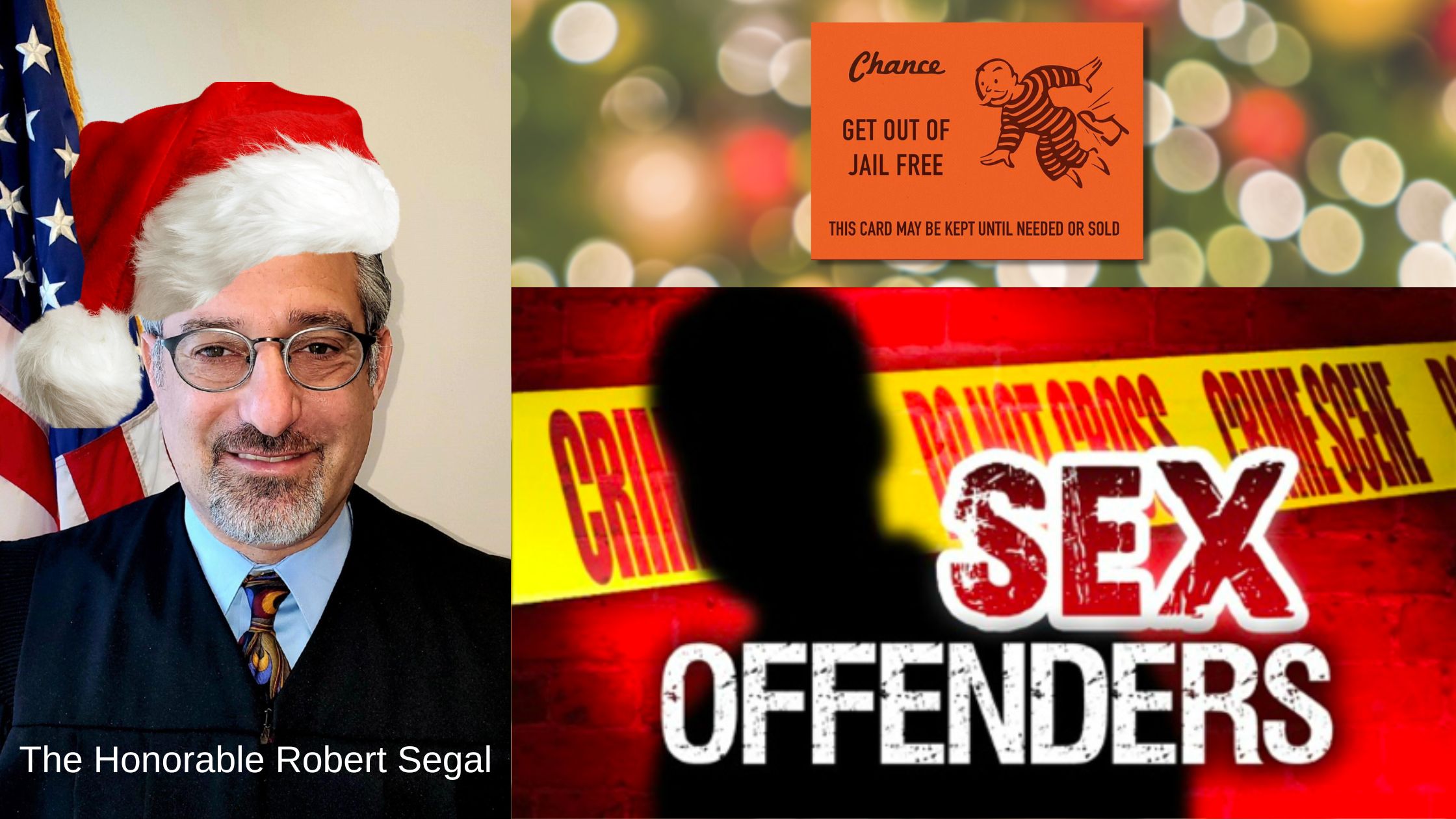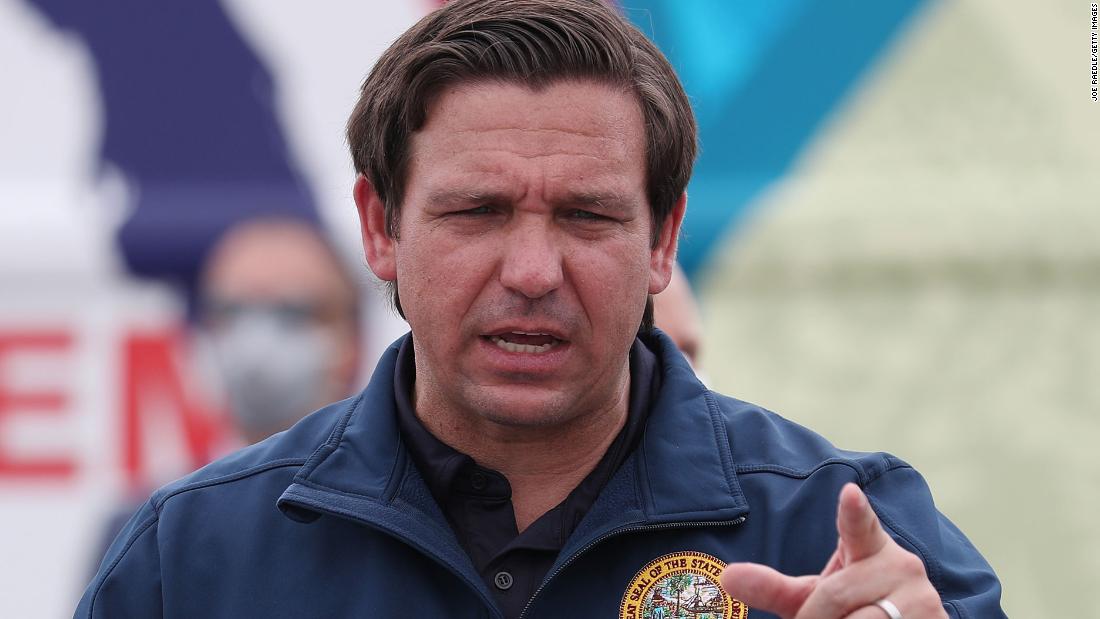In a recent development, the Supreme Court has chosen not to obstruct a federal appeals court ruling, thereby permitting a Native American tribe in Florida to proceed with online sports betting. This decision came in response to an appeal by two Florida-based casinos seeking to halt the U.S. Court of Appeals for the District of Columbia Circuit’s decision while they pursued a review by the Supreme Court.
Justice Brett Kavanaugh provided a statement on the court’s refusal to grant the casinos’ request. While he concurred with the decision to let the D.C. Circuit’s ruling stand, he emphasized the limited scope of the court’s order.
The core of the contention revolves around the Indian Regulatory Gaming Act (IGRA), established in 1988. This act set the groundwork for gambling activities on tribal territories. As per IGRA stipulations, tribes wishing to offer casino games and sports betting must form a compact with the state they reside in. This compact then requires the approval of the federal Secretary of the Interior. If no action is taken within 45 days, the compact is deemed approved.
In a significant move in 2021, the state of Florida and the Seminole Tribe reached a compact agreement, allowing the tribe to facilitate online sports betting for anyone within Florida, not just on tribal territories. The compact came into effect in August 2021 after Deb Haaland, the Secretary of the Interior during the Biden administration, took no action on it.
However, this decision was soon contested by two brick-and-mortar casinos situated near the tribe’s casinos. They challenged Haaland’s approval, arguing that the IGRA only permits gaming on tribal lands and that the compact contravened federal laws by allowing online sports betting. They further claimed that the compact breached the Constitution’s equal treatment clause by granting the tribe exclusive rights to online sports betting, potentially criminalizing others for the same.
U.S. District Judge Dabney Friedrich sided with the casinos, annulling Haaland’s approval of the compact. However, on June 30, the D.C. Circuit overruled this decision, reinstating the compact. The court clarified that while the IGRA only allows gaming on tribal lands, it doesn’t prohibit compacts from addressing other matters, such as gaming outside these lands.
The casinos approached the Supreme Court on October 6, urging them to suspend the D.C. Circuit’s decision. They warned of the potential for countless illegal sports betting transactions before the Supreme Court could address the case’s merits.
However, U.S. Solicitor General Elizabeth Prelogar, representing Haaland, highlighted that the D.C. Circuit merely confirmed the tribe’s authority to operate sports betting on tribal lands. She also pointed out the casinos’ delay in approaching the state court.
In the end, the Supreme Court declined the casinos’ plea to halt the D.C. Circuit’s decision, with no public dissents noted. Justice Kavanaugh reiterated that the compact only sanctioned gambling on tribal lands and raised potential constitutional concerns if the compact allowed gambling outside tribal territories.




